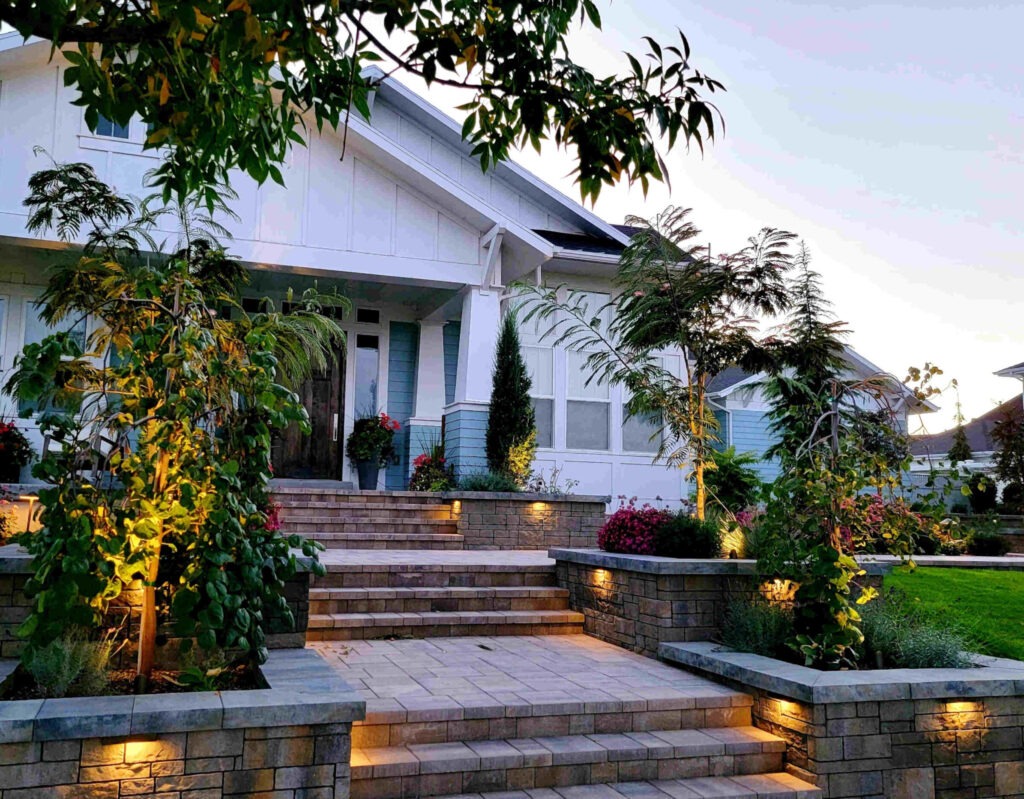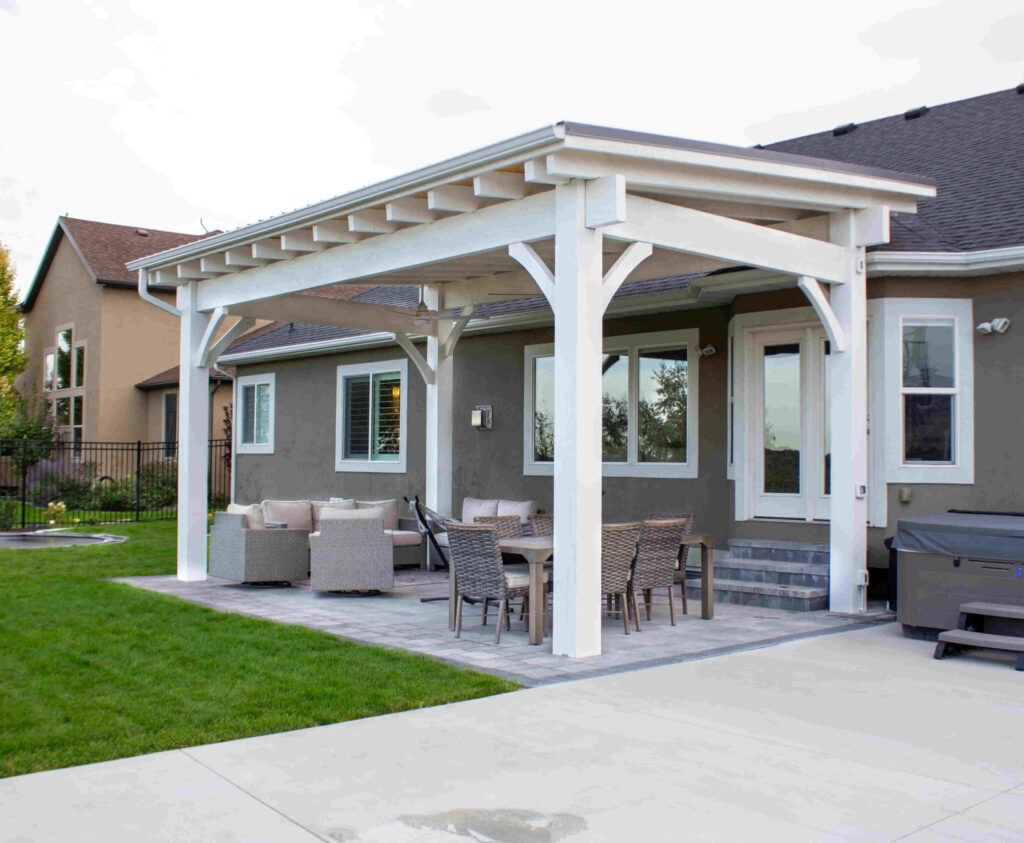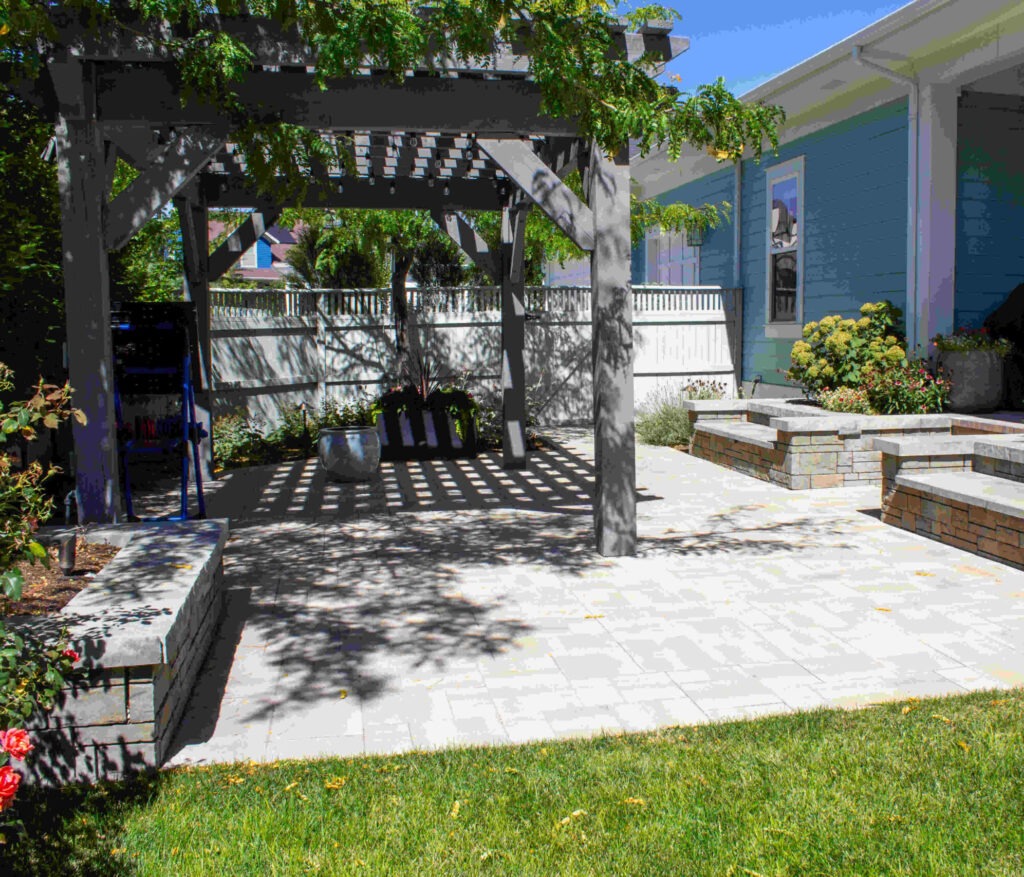Commercial landscape design is a crucial aspect of any business property. It not only enhances the aesthetic appeal but also contributes to the functionality and sustainability of the space. A well-designed landscape can create a welcoming environment for clients, boost employee morale, and increase property value. This blog post provides a comprehensive guide to the commercial landscape design process, helping you understand the steps involved and the importance of professional landscaping services.
The Importance of Commercial Landscape Design
A well-planned commercial landscape design offers numerous benefits:
- First Impressions Matter: A visually appealing landscape creates a positive first impression for clients and visitors.
- Functional Spaces: Properly designed landscapes provide functional outdoor spaces for relaxation, meetings, and events.
- Environmental Benefits: Thoughtful landscaping can reduce water usage, improve air quality, and promote biodiversity.
- Increased Property Value: A beautiful landscape can significantly enhance the value of your commercial property.
Step-by-Step Commercial Landscape Design Process
Step 1: Initial Consultation and Site Assessment
The commercial landscape design process begins with an initial consultation and site assessment. This step is critical to understand the client’s vision, needs, and the unique characteristics of the property. During this phase, the landscape designer will:
- Meet with the client to discuss goals and preferences
- Conduct a thorough site analysis, considering factors such as soil quality, drainage, climate, and existing vegetation
- Identify potential challenges and opportunities
Step 2: Concept Development
After gathering all necessary information, the designer moves on to concept development. This phase involves creating preliminary design concepts that reflect the client’s vision and address the site’s specific conditions. Key elements of this stage include:
- Sketching initial design ideas and layouts
- Selecting appropriate plants, materials, and features
- Presenting concepts to the client for feedback and adjustments
Step 3: Detailed Design and Planning
Once the client approves the initial concepts, the detailed design and planning phase begins. This step involves developing comprehensive plans that outline every aspect of the project. Important components include:
- Creating detailed landscape plans, including plant selections, hardscapes, lighting, and irrigation systems
- Developing construction documents and specifications
- Preparing a project timeline and budget
Step 4: Proposal and Approval
With the detailed plans in hand, the landscape designer presents a formal proposal to the client. This proposal includes:
- A detailed breakdown of costs
- Project timelines
- Specifications for materials and plants
- A clear outline of the design and implementation process
The client reviews the proposal and provides final approval before moving forward.
Step 5: Installation and Construction
The installation and construction phase is where the design comes to life. Professional landscapers and contractors work together to implement the design according to the approved plans. Key activities during this phase include:
- Site preparation, including grading, soil preparation, and drainage solutions
- Installation of hardscape elements such as walkways, patios, and retaining walls
- Planting trees, shrubs, flowers, and other vegetation
- Setting up irrigation systems and landscape lighting
Step 6: Ongoing Maintenance and Management
A successful commercial landscape design requires ongoing maintenance to keep it looking its best. Professional landscape maintenance services ensure that the property remains beautiful and functional year-round. Maintenance activities typically include:
- Regular mowing, trimming, and pruning
- Fertilization and pest control
- Seasonal planting and mulching
- Irrigation system checks and adjustments
Why Choose Professional Landscape Design Services?
Hiring a professional landscape design service for your commercial property offers several advantages:
- Expertise and Experience: Professional designers have the knowledge and experience to create functional and aesthetically pleasing landscapes that meet your specific needs.
- Quality Materials and Workmanship: Professionals use high-quality materials and employ skilled labor to ensure long-lasting results.
- Time and Cost Efficiency: Professional services can save you time and money by efficiently managing the design and installation process.
- Sustainability: Experts can incorporate sustainable practices and materials, promoting environmental stewardship and reducing long-term maintenance costs.
The commercial landscape design process is a meticulous and collaborative effort that transforms business properties into attractive and functional spaces. From the initial consultation to ongoing maintenance, every step is crucial to achieving a successful outcome. By partnering with professional landscape designers, you can ensure that your commercial property stands out, provides value, and creates a positive impact on clients and employees alike.
Ready to transform your commercial landscape? Contact Millburn Lawn and Landscape today to start your journey towards a beautifully designed and maintained property.



